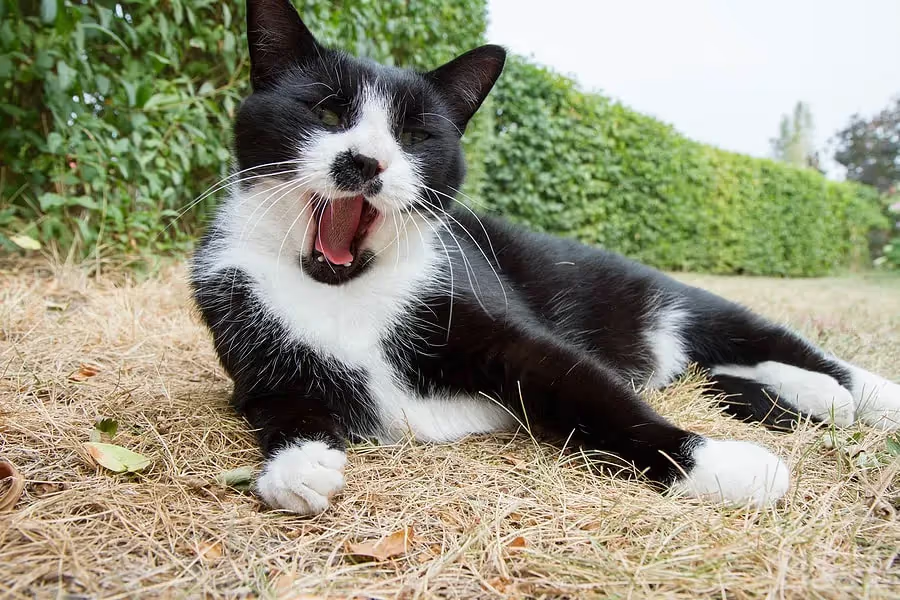
Taking care of a cat involves several aspects of its health and well-being. Of course, it consists of many cuddles, naps, and playtime. But sometimes, some things might make you worry. For example, do you have a cat that sneezes? It can happen, and it isn’t always something to worry about. But sometimes, it is. So it is essential to know what to look for so you can involve your vet as soon as a sign of trouble crops up.
There can be several reasons cats sneeze. Here are some possible causes:
Suppose your cat is sneezing persistently or has other symptoms like coughing, runny nose, or discharge from the eyes or nose. In that case, it’s best to consult a veterinarian to determine the underlying cause and receive proper treatment. Some types of sneezes should grab your attention. If your cat sneezed blood, it’s important to take them to a veterinarian immediately. Sneezing blood, or epistaxis, can indicate a severe medical condition.
Some possible reasons your cat may have sneezed blood are:
Your veterinarian may recommend a physical examination, blood work, X-rays, or other diagnostic tests to determine the underlying cause of your cat’s symptoms. In most cases, treatment depends on the cause of the sneezing blood and may include medication, surgery, or other interventions. Getting your cat treated and diagnosed early can improve the prognosis.
If your cat is sneezing, and you don’t think it is urgent, there are a few things you can do to help them feel more comfortable:
Remember, sneezing can be a symptom of an underlying condition, and it’s always best to consult a veterinarian if your cat’s symptoms persist or worsen. Regular veterinary check-ups can help identify potential health problems early and prevent serious illnesses. Your veterinarian can also guide nutrition, vaccinations, and parasite prevention.
Encourage your cat to play and exercise daily to maintain a healthy weight and prevent boredom. Provide toys, scratching posts, and climbing structures to keep them active and entertained. Cats need stimulation and mental enrichment to thrive. Offer your cat a variety of toys and activities, including puzzle feeders and interactive toys.
Following these steps can help ensure your cat’s health and happiness. Remember, if you have concerns about your cat’s health, behavior, or well-being, please contact us today.